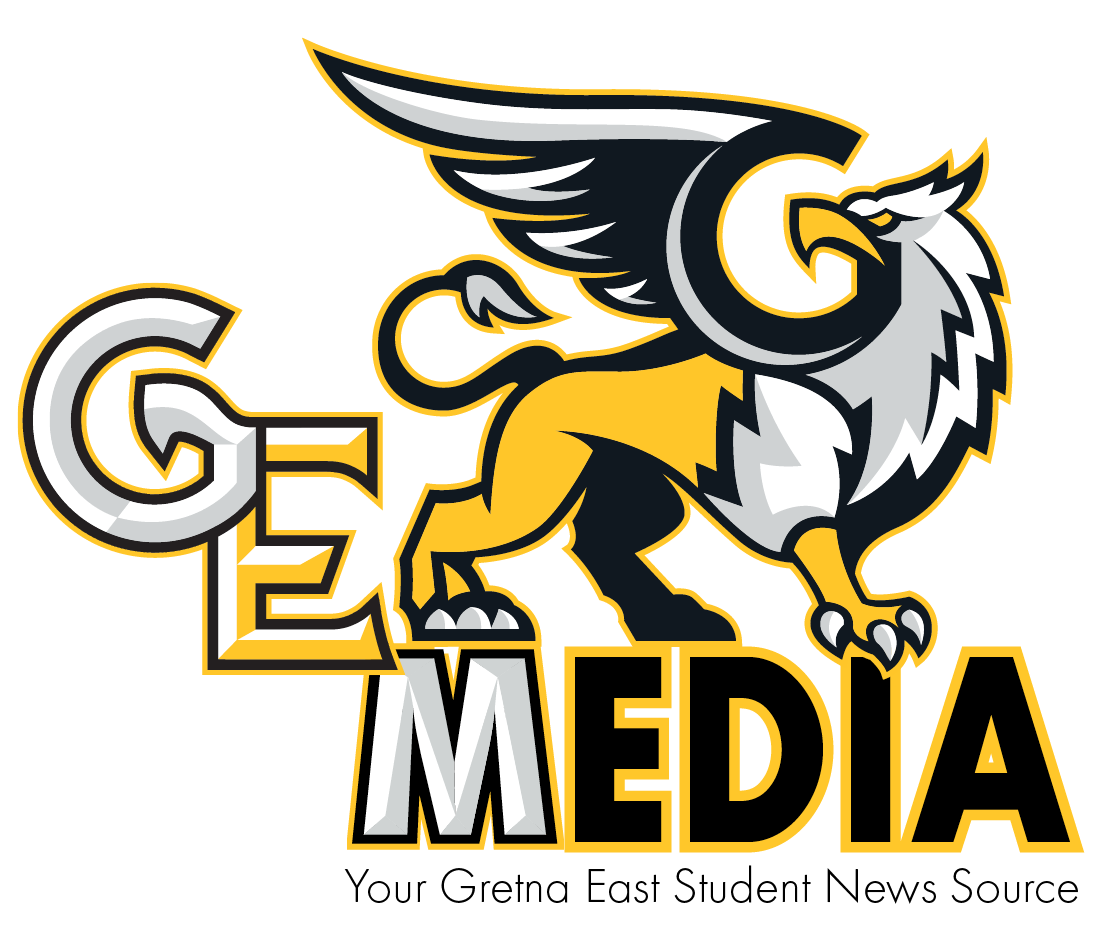
Brayden Hansen
Deciding your future as a teenager can be a very stressful experience. For sophomores, it is a requirement for students to spend a week in their social studies class discussing their futures in the workforce. While the name of the week, “career week” would imply that we would explore different careers, and pathways to obtain said careers, the so-called “career week” is really just taking personality tests for multiple days without actual career counseling.
Students spend five days discussing future careers and taking tests to help them determine their interests. The counselors assist students throughout their class’s designated week and conduct small group projects that feel unnecessary. The most disappointing part of the week is the repetitive feeling, as we use the same personality and career tests from our ninth-grade health class which makes the week feel unnecessary and redundant.
Trying to find what we are interested in by taking personality tests doesn’t help us figure out our futures as much as those who decided on it might have hoped. With each personality type comes a set of certain jobs you could be suited for based on the statistics you get, but it’s possible that students receive jobs outside of what they really want to do.
Personality tests can help us discover more about ourselves, but at the same time, there is only so much someone can learn about themself from a website. During this week, we take the 16Personalities and Nebraska Career Connections tests. These tests are intended for use to learn more about certain personality traits and types. The Nebraska Career Connections website gives a handful of jobs that could suit the test taker, but often students feel like their given jobs don’t match who they are or what they want to do.
After students take the personality tests, they participate in small group projects closer to the end of the week, and students work together to solve a hypothetical “real-world” problem given to them. This idea is good in theory because it allows us to work with diverse personalities in our class, but at the same time, we have worked together all year. We already know our peers, so this exercise doesn’t stimulate a new work environment and, therefore, poses another waste of time.
Career week should focus more on building our knowledge of our interests and possible career options. We could discuss wages, classes and internships that can help get you there, or even simulate their suggested careers in different project formats. The counselors could try having students brainstorm to figure out what they want to do in the future or where they want to go to college. Internships and career ideas could be discussed as a whole group. Turn this week into a “how-to” week where we discuss how to interview and network. We can learn to plan for certain careers and build resumes. Adding on to this, counselors could have representatives from different careers visit students during the week to discuss different paths in their career fields.
We should have options rather than an online test telling them what we’re fit for. Students should spend time with their counselors discussing what their plans or interests are and then go from there. Have them try new things, figure out what they want, and be patient and understanding.
